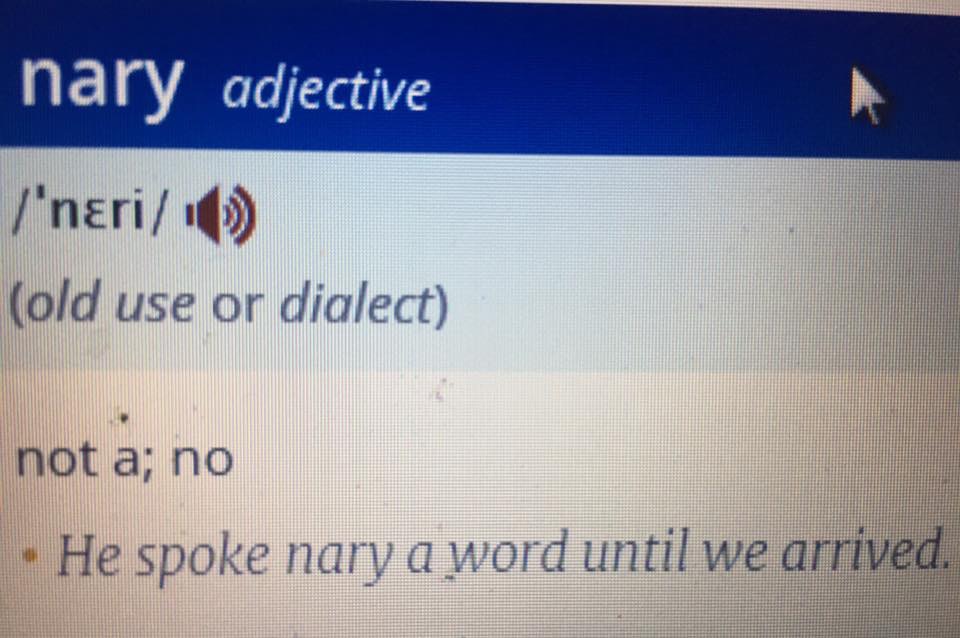To answer the general question: Adjectives routinely come after verbs in English. Many verbs are "transitive", that is, they require some object, some thing that the verb is operating on. Like, "I read a book". "A book" is the thing that I read, the thing that the verb "read" operates on.
An object is a noun or a noun phrase. A noun phrase often includes adjectives. So for example, "I see dead people." The thing I see is "dead people". "People" is a noun", and it is modified by the adjective "dead".
Yes, an adverb may follow a verb when the adverb is modifying that verb. "I ran quickly", etc. But if there is no adverb and the verb is transitive, then the next word after the verb could be a noun or adjective. (It could also be a preposition, as in, "I sat on the chair". Etc.) I think you're getting confused by the difference between "an adverb follows the verb it modifies" and the fact that almost ANY word could follow a verb, depending on the organization of the sentence. The next word after a verb may not be a modifier for that verb; it could be some other word that just "coincidentally" follows the verb.
"Nary" is a fairly obscure and rarely-used word, but it means "none" or "not". It's almost always followed by "a" or "an", as in "I saw nary an honest man among them", meaning, I did not see any honest men among them.

